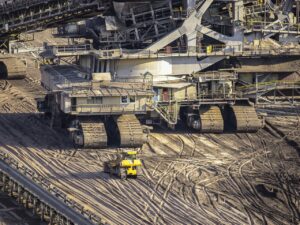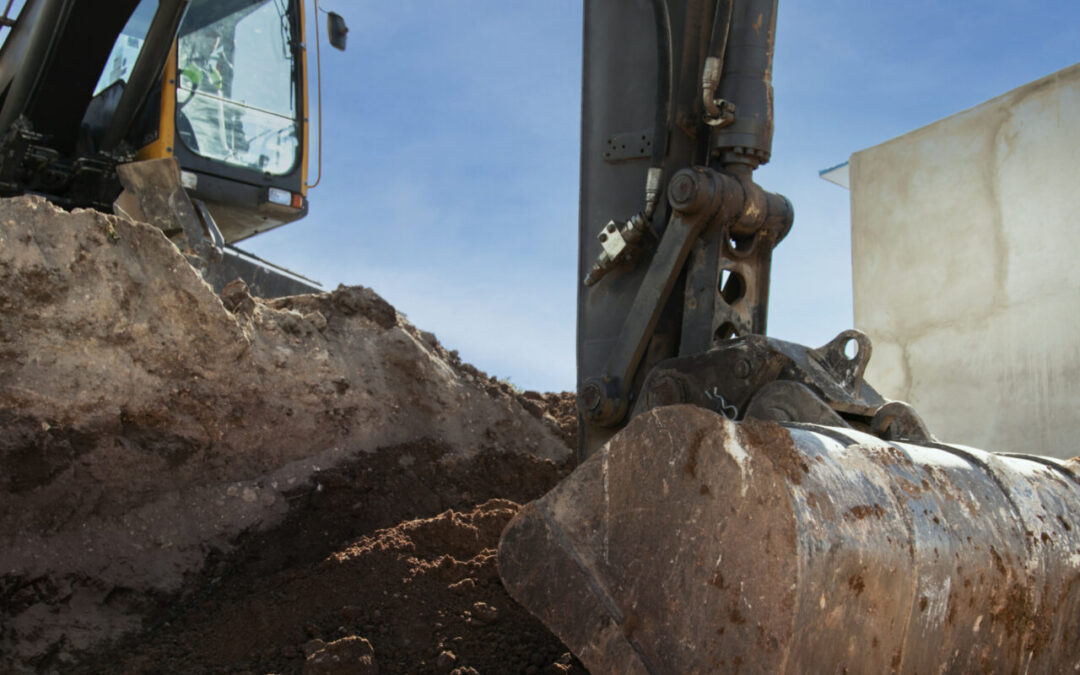Mining is a physically demanding profession that not only tests the physical endurance of workers but also significantly impacts their mental health. Understanding the mental health challenges faced by miners due to physical labor is crucial for promoting well-being in this industry. This article will explore the common issues miners face, how physical strain contributes to stress, and the role of social support in addressing these challenges.
What Are The Common Issues Faced By Miners Due to the Physical Demands of Their Job?
Miners face a range of mental health challenges linked to the physical demands of their work. Some common issues include:
Depression
The isolated and often dangerous nature of mining can lead to feelings of hopelessness and sadness, contributing to depression among miners.
Anxiety
The pressure of meeting production targets and the fear of accidents can create chronic anxiety, affecting miners’ overall mental well-being.
Post-Traumatic Stress Disorder (PTSD)
Miners may experience PTSD after witnessing or being involved in accidents or near-miss situations. This condition can manifest through flashbacks, nightmares, and severe anxiety.
Substance Abuse
To cope with the physical pain and emotional stress, some miners may turn to alcohol or drugs, leading to substance abuse problems.
Burnout
The high physical demands and long hours can lead to burnout, where miners feel emotionally and physically exhausted.
Social Isolation
Mining often requires workers to be away from their families and communities, resulting in social isolation that can exacerbate mental health issues.
Sleep Disorders
Physical labor can disrupt sleep patterns, leading to sleep disorders that further affect mental health and productivity.
Chronic Pain
Physical labor can lead to chronic pain conditions that contribute to anxiety, depression, and reduced quality of life.
How Does The Physical Strain Of Mining Contribute To Stress And Anxiety Levels Among Miners?
The physical strain of mining can significantly elevate stress and anxiety levels. The repetitive and intense nature of the work can lead to physical fatigue, making it challenging for miners to cope with daily stressors. Additionally, the physical toll of the job often leaves miners with lingering pain and injuries, which can heighten feelings of anxiety about their ability to perform their duties. The constant vigilance about potential accidents and injuries adds to this stress, creating a cycle where physical strain leads to mental health issues.
In What Ways Does Long-Term Exposure to Physically Demanding Work in Mining Affect Emotional Well-Being?
Long-term exposure to physically demanding work in mining can have profound effects on emotional well-being. Over time, miners may develop a sense of hopelessness as they struggle with chronic pain, fatigue, and the realities of their working conditions. The continuous physical demands can lead to a decreased sense of control over their lives, making it challenging to maintain a positive outlook. Furthermore, the stigma surrounding mental health can prevent miners from seeking help, perpetuating feelings of isolation and despair.
What Role Does the Risk of Injury Play In the Mental Health of Miners?
The risk of injury is a significant factor affecting the mental health of miners. Knowing that they are constantly exposed to hazardous conditions can lead to heightened anxiety and fear. This persistent fear can manifest in various ways, such as decreased focus on the job and reluctance to engage in tasks that may seem risky. Moreover, injuries sustained on the job can lead to long recovery times, resulting in financial strain and additional stress, which can further impact a miner’s mental health.
What Role Does Social Support Among Miners Play in Mitigating Mental Health Challenges Related To Physical Labor?
Social support among miners is vital for mitigating mental health challenges associated with physical labor. Strong relationships with co-workers can provide emotional support and foster a sense of community, helping miners cope with stress and isolation. Peer support can encourage miners to share their experiences and seek help when needed. Additionally, having a supportive network can promote resilience and enable miners to navigate the challenges of their work environment more effectively.
What Initiatives or Programs Exist to Support the Mental Health of Miners, Considering Their Physical Workload?
Various initiatives and programs exist to support the mental health of miners, considering their physical workload. Many mining companies are now implementing Employee Assistance Programs (EAPs), which provide counseling and mental health resources. Training programs focused on stress management and resilience building are also becoming more common. Furthermore, some organizations advocate for peer support networks within mining communities, creating safe spaces for miners to discuss their mental health challenges without judgment.
What Are The Potential Long-Term Effects of Injuries Sustained in Mining?
The long-term effects of injuries sustained in mining can be debilitating. Chronic pain can lead to disabilities that affect a miner’s ability to work, resulting in financial instability and increased stress. Additionally, psychological effects such as anxiety and depression may persist long after the physical injury has healed, complicating the recovery process. These long-term challenges can significantly impact a miner’s quality of life and overall mental health.

How Can Mining Companies Better Address The Mental and Physical Health Needs of Their Workers?
Mining companies can take several steps to better address the mental and physical health needs of their workers. Prioritizing safety and wellness through regular training and education about mental health can create a more supportive work environment. Providing access to mental health resources, promoting a culture of openness regarding mental health, and encouraging social support among workers can also make a significant difference. Additionally, incorporating regular health monitoring and stress management programs can help miners cope with the physical and emotional demands of their jobs.
Conclusion: The Physical Toll of Mining and Its Mental Health Implications
The physical demands of mining can take a significant toll on mental health, leading to various challenges such as anxiety, depression, and burnout. It is crucial for mining companies to recognize these issues and implement strategies to support their workers’ mental well-being. By fostering a culture of safety, encouraging social support, and providing resources for mental health, the mining industry can help mitigate the negative effects of physical labor and promote a healthier workforce.

